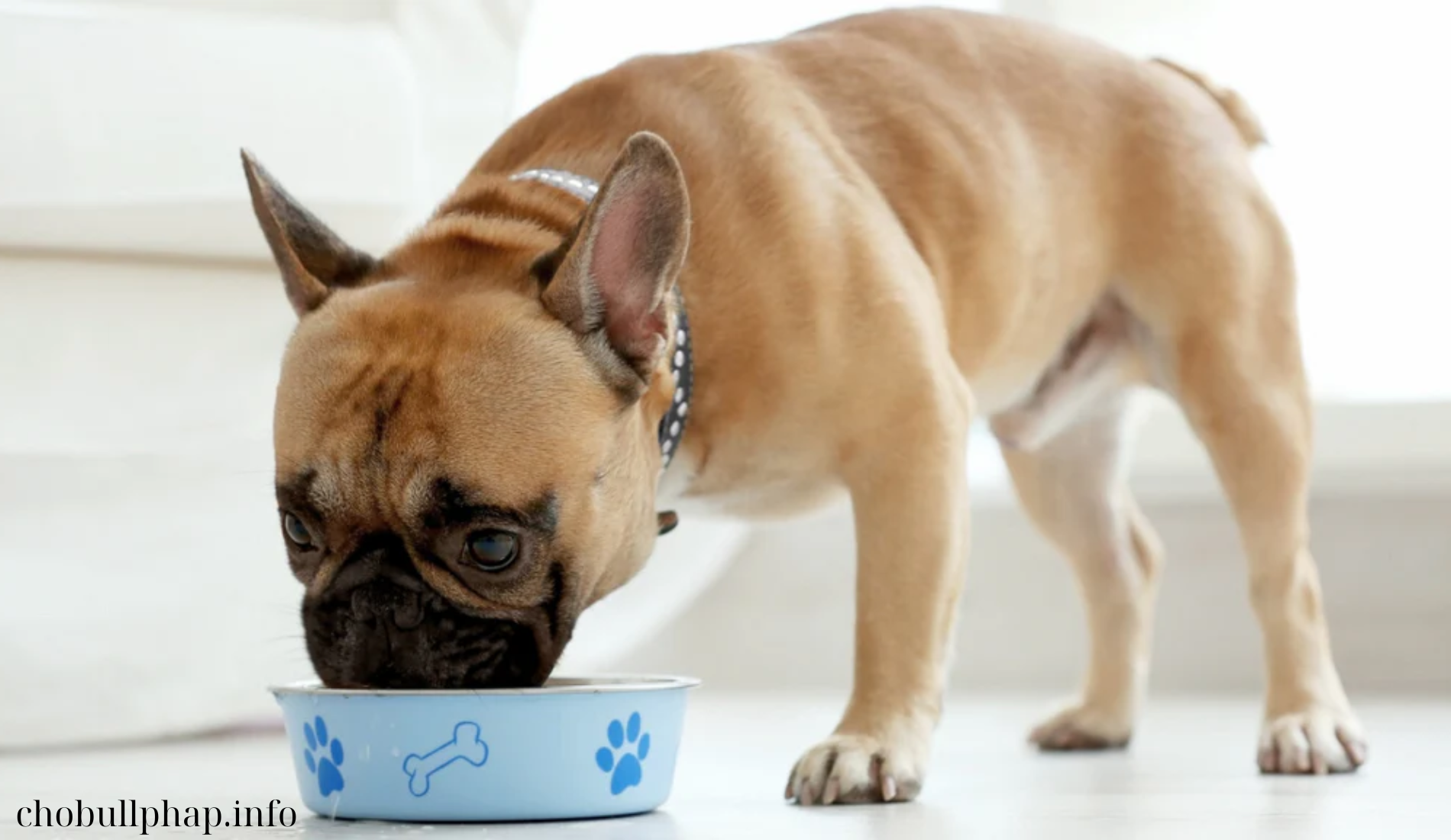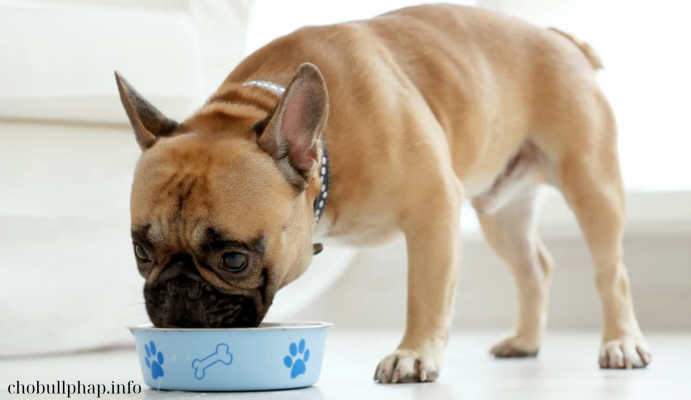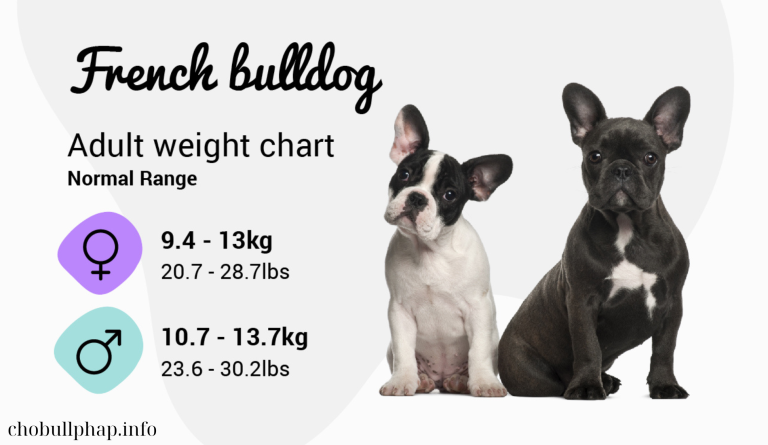
French Bulldogs are known for their distinctive appearance and lively personalities, but they also have specific dietary needs to maintain optimal health. Choosing the right food is crucial for supporting a healthy weight, vibrant skin, and overall well-being. Here’s a comprehensive guide to help you select the best food for your French Bulldog.
1. Nutritional Needs of French Bulldogs
A. Balanced Diet
1. Protein: French Bulldogs need high-quality protein to maintain muscle mass and support overall health. Look for foods with real meat (such as chicken, beef, or fish) as the primary ingredient. Protein supports energy levels and aids in muscle development.
2. Fats: Healthy fats, including omega-3 and omega-6 fatty acids, are essential for maintaining healthy skin and a shiny coat. These fats also support brain function and overall health. Fish oil and flaxseed oil are excellent sources of these essential fatty acids.
3. Carbohydrates: Carbohydrates provide energy and should come from high-quality sources such as brown rice, sweet potatoes, and peas. They should be easily digestible and not overly processed.
4. Fiber: Adequate fiber aids in digestion and helps prevent obesity. Look for foods with natural sources of fiber like pumpkin or beet pulp.
5. Vitamins and Minerals: Essential vitamins (such as vitamins A, D, E, and K) and minerals (such as calcium and phosphorus) support various bodily functions, including bone health, immune system function, and overall vitality.
B. Specific Health Considerations
1. Weight Management: French Bulldogs are prone to weight gain due to their relatively sedentary lifestyle and tendency to overeat. Foods that are formulated for weight management can help maintain a healthy weight by providing fewer calories while still offering balanced nutrition.
2. Skin and Coat Health: French Bulldogs are also known for skin sensitivities and allergies. Foods enriched with omega fatty acids and antioxidants can help maintain healthy skin and a shiny coat.
3. Digestive Health: French Bulldogs can be prone to digestive issues. Foods with probiotics and prebiotics can support gut health and aid in digestion.
2. Recommended Food Options
A. High-Quality Commercial Dog Foods
1. Royal Canin French Bulldog Adult
a. Formulated Specifically: This food is specifically designed for French Bulldogs, taking into account their unique nutritional needs. It supports healthy weight, skin, and coat with a blend of high-quality proteins, fats, and fibers.
b. Key Benefits: Helps maintain a healthy weight with controlled fat content, supports skin health with omega fatty acids, and includes a specific kibble shape that promotes dental health.
2. Hill’s Science Diet Adult Sensitive Stomach & Skin
a. Digestive Health: This formula is designed for dogs with sensitive stomachs and skin. It includes prebiotic fiber for digestive health and omega-6 fatty acids for a healthy coat.
b. Key Benefits: Supports healthy skin and coat, promotes digestive health, and provides balanced nutrition for overall well-being.
3. Blue Buffalo Life Protection Formula Small Breed
a. Whole Ingredients: This food features real meat as the first ingredient and includes wholesome grains, vegetables, and fruits. It is designed for small breeds like French Bulldogs.
b. Key Benefits: Supports weight management with high-quality proteins and controlled fat content, promotes skin and coat health with omega fatty acids, and includes antioxidants for immune support.
4. Nutro Ultra Grain-Free Dry Dog Food
a. Grain-Free Option: This grain-free formula is ideal for French Bulldogs with grain sensitivities. It features high-quality proteins and a blend of 15 superfoods for balanced nutrition.
b. Key Benefits: Supports overall health with premium protein sources, promotes skin and coat health with omega fatty acids, and aids in maintaining a healthy weight.
5. Wellness CORE Grain-Free Original
a. High Protein: This grain-free, high-protein formula is designed for active dogs and supports lean muscle mass and overall health.
b. Key Benefits: Provides balanced nutrition with high-quality proteins, supports skin and coat health with omega fatty acids, and includes probiotics for digestive health.
B. Homemade and Raw Diet Options
1. Homemade Meals
a. Balanced Homemade Recipes: Prepare balanced meals at home using lean meats, vegetables, and healthy grains. Consult with a veterinarian or a pet nutritionist to ensure that homemade meals meet all of your French Bulldog’s nutritional needs.
b. Recipe Examples: Cooked chicken or turkey with sweet potatoes, green beans, and carrots can provide a balanced meal. Always ensure that any homemade diet is supplemented with necessary vitamins and minerals.
2. Raw Diet
a. Raw Food Diet (BARF): The Biologically Appropriate Raw Food (BARF) diet involves feeding raw meat, bones, and vegetables. It can be beneficial but requires careful planning to ensure a balanced diet.
b. Key Considerations: Consult with a veterinarian or a pet nutritionist before starting a raw diet to ensure it meets all nutritional requirements and to avoid potential health risks.
3. Tips for Feeding Your French Bulldog
A. Portion Control
1. Follow Feeding Guidelines: Adhere to the feeding guidelines provided by the dog food manufacturer to avoid overfeeding. Measure your dog’s food portions and adjust based on their weight and activity level.
2. Regular Monitoring: Regularly monitor your French Bulldog’s weight and adjust their food intake as needed to maintain a healthy weight.
B. Avoiding Common Pitfalls
1. Avoid Human Food: Refrain from feeding your French Bulldog human food, especially those high in fat, salt, or sugar, as they can lead to obesity and other health issues.
2. Watch for Allergies: If you notice any signs of allergies, such as itching or digestive upset, consult your veterinarian and consider switching to a hypoallergenic or limited-ingredient diet.
C. Hydration
1. Fresh Water: Always provide access to fresh, clean water. Hydration is essential for maintaining overall health and supporting digestion.
2. Water Intake Monitoring: Monitor your dog’s water intake to ensure they are drinking enough to stay hydrated.
Conclusion
Selecting the right food for your French Bulldog is essential for maintaining their health, supporting a healthy weight, and ensuring a shiny coat and overall well-being. High-quality commercial dog foods designed for small breeds, as well as balanced homemade or raw diets, can provide the necessary nutrients to keep your French Bulldog happy and healthy. Regular monitoring, portion control, and attention to specific health needs will help your French Bulldog thrive throughout their life.
FAQ
What should I look for in dog food for French Bulldogs?
Look for high-quality proteins, healthy fats (omega-3 and omega-6 fatty acids), easily digestible carbohydrates, and essential vitamins and minerals. Foods should also support weight management, skin health, and overall well-being.
Are grain-free diets good for French Bulldogs?
Grain-free diets can be beneficial, especially if your French Bulldog has grain sensitivities. However, ensure that the diet is balanced and consult with your veterinarian before making dietary changes.
How can I tell if my French Bulldog is overweight?
Monitor your dog’s weight and body condition. You should be able to feel their ribs without pressing hard, and they should have a noticeable waistline when viewed from above. Consult with your veterinarian if you have concerns about your dog’s weight.
Can I feed my French Bulldog homemade food?
Yes, but it’s important to ensure that homemade meals are nutritionally balanced. Consult with a veterinarian or pet nutritionist to create a diet plan that meets all of your French Bulldog’s nutritional needs.
What are signs of food allergies in French Bulldogs?
Signs of food allergies can include itching, skin rashes, digestive upset, and ear infections. If you suspect a food allergy, consult with your veterinarian to identify the allergen and adjust your dog’s diet accordingly.





